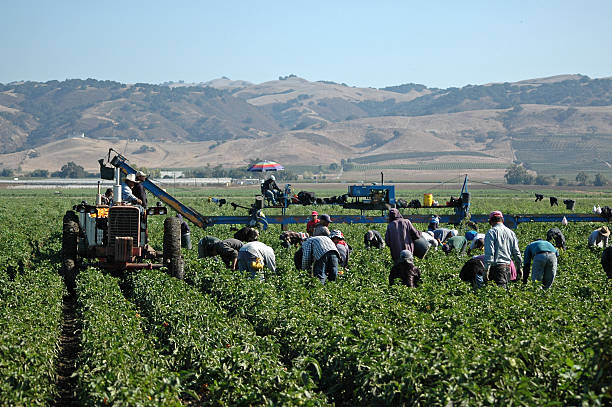Undocumented Immigrants and Their Economic Impact


Unauthorized immigrants represent a significant segment of the labor force in various sectors across the United States, contributing to the economy while facing considerable disadvantages due to their immigration status. One of the most pressing issues regarding this demographic is their ineligibility for a range of public support and social insurance programs that provide assistance to many low-income individuals and families.
By design, unauthorized immigrants are systematically excluded from key federal and state aid programs, which limits their access to essential services aimed at promoting economic stability and well-being. Notably, programs such as non-emergency Medicaid, the Supplemental Nutrition Assistance Program (SNAP), and Temporary Assistance for Needy Families (TANF) do not extend their benefits to this population. In addition, these individuals are barred from receiving Supplemental Security Income (SSI) and are largely omitted from most housing assistance programs designed to alleviate poverty and secure safe living conditions.
The Affordable Care Act (ACA) further compounds these challenges. Unauthorized immigrants are distinctly ineligible for subsidies under the ACA, restricting their ability to purchase health insurance through the ACA Marketplace, which provides insurance options for many working-class citizens and legal residents. This disenfranchisement leaves many unauthorized immigrants without health coverage, which can have a cascading effect on their quality of life and overall public health.
The implications of these restrictions are profound, stretching beyond the immediate impact on unauthorized immigrants themselves. The exclusion from social safety nets can create a cycle of poverty and instability, inhibiting economic mobility for these individuals and their families. Without access to healthcare, nutrition assistance, or housing support, many unauthorized immigrants may struggle to remain productive members of society, ultimately undermining their contributions to the economy.
It is crucial for policymakers to recognize the role unauthorized immigrants play in various sectors, including agriculture, construction, and service industries, where they often occupy labor-intensive, low-wage positions. While the U.S. economy benefits from their labor, the lack of support from public programs may lead to broader socio-economic issues, including increased health disparities and reliance on emergency services.
Discussions surrounding immigration reform often touch on the provision of resources and pathways to legal status for unauthorized immigrants. Addressing the gaps in access to public support systems may not only improve the welfare of these individuals but also enhance the overall economic vitality of communities they inhabit. As debates on immigration continue, the need for a more inclusive approach to social support for all workers, regardless of their immigration status, is a critical consideration for fostering a more equitable society.




